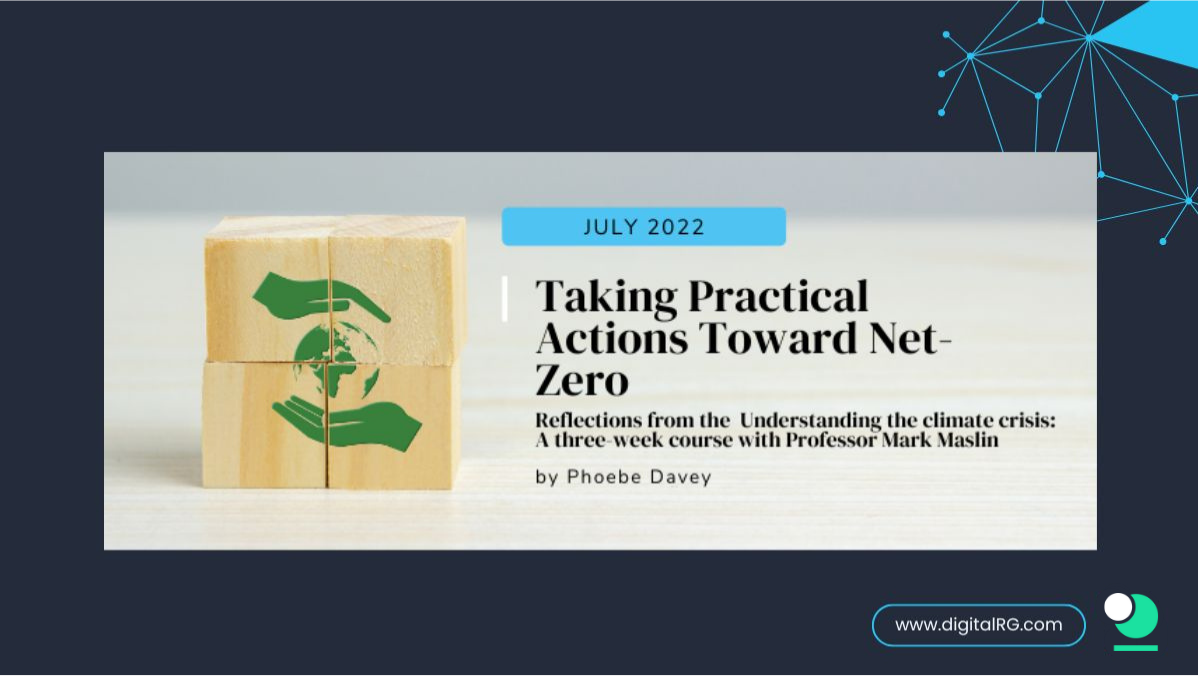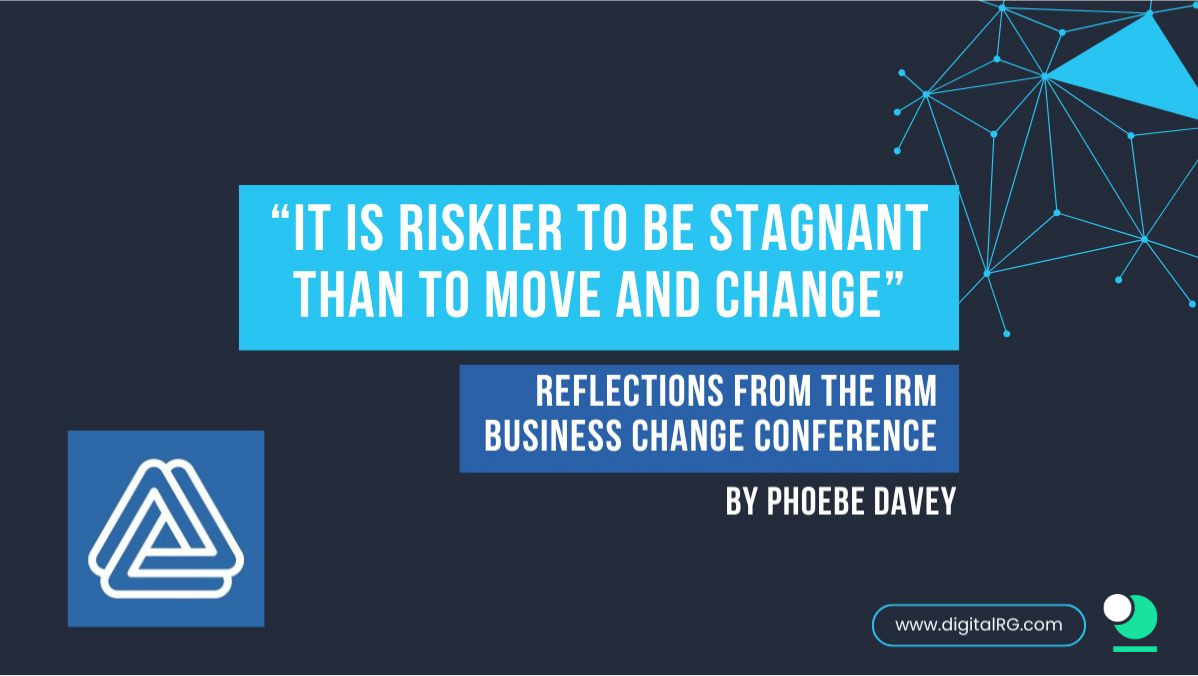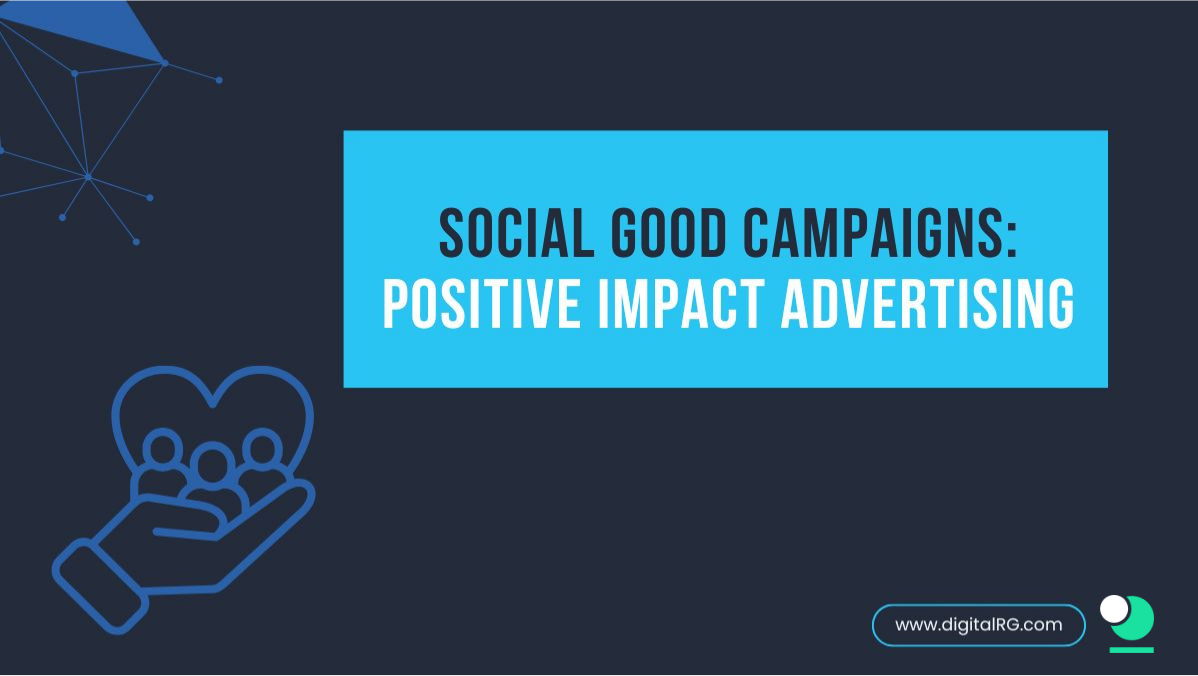Taking Practical Actions Toward Net-Zero

Taking Practical Actions Toward Net-Zero
Net-zero 1 is an ambition which needs to be met if we are to curb the worst impacts of the climate crisis.
Thinking about this can create overwhelming and despairing feelings. As learnt in the 3rd week of Understanding the climate crisis: A three-week course with Professor Mark Maslin, in a presentation by Sacha Wright, over 70% of young people feel hopeless about the climate crisis. These feelings are replicated across different age groups in our society. Sentiments such as these leave us with thoughts like “What is the point?” and “Can the solutions even make a difference?”
What can we do about this? This week's webinar highlighted the importance of empowering radical change across all areas of society to meet net-zero carbon emissions. There is a myriad of solutions and actions we can all take, but there is no time to spare. A tri-part effort from governments, companies and individuals is needed, and this must happen now.
At DigitalRG and Impact-Passport, we are passionate about empowering our clients to make real positive impact, especially through their environmental policies. Not only is being sustainable good for business, the Global Green Economy was also said to be worth around US$4.3 trillion in 2021. It is also unavoidable if we are to curb the climate crisis and also avoid the 20% cost of climate change to Global GDP by 2050.
We learnt so much from this seminar, but most poignant were the practical actions given by all the speakers. Ambitious, practical actions are what is needed to help companies meet net-zero. Here are three we learned about:
1.Companies Need To Set Transparent Meaningful Greenhouse Gas Reduction Targets
No one expects companies to become carbon neutral overnight. Setting ambitious and meaningful Greenhouse Gas Reduction targets for the future is an important way to start the journey. These should not be set so far in the future that they are meaningless. However, they should also not be so overambitious they are unachievable.
Your targets should be ambitious in pushing you out of business as usual and to net-zero. Transparency is also key to ensuring targets are meaningful. It allows your employees, supply chain, and stakeholders to share your aim, helping push progress towards a shared goal.
There are different ways targets can be set, for example, through the SBTi Net-Zero Standard. However, methods for setting targets are not perfect, and much academic debate surrounds them (See Bill Baue). What is essential is that they are meaningful for your company and the reductions necessary to meet net-zero.
2.Engage Employees In Your Company's Sustainability Agenda
Sharing climate anxiety helps people feel they can be part of the solution. No one knows your company better than your employees. They are in the best position to help you think of solutions and actions to improve your positive impact. 71% of employees and employment seekers say that environmentally sustainable companies are more attractive employers. Involving employees in your sustainability agenda can help galvanise this feeling and create a lasting impact.
3.Link Your Ambitions To Your Supply Chain And Value Chain
Up to 90% of an organisation’s environmental impact can lie in their value chain - either upstream (supply chain) or downstream (for example, product use phase). The CDP (the Carbon Disclosure Project) reports that this can be 11.4 times greater than operational emissions.
Including this within an analysis of your emissions is vital when aiming for net-zero. Suppliers must be engaged in environmental action for themselves, as it enables lower costs, improves their reputation and future-proofs their business. They must also be engaged to enable accurate emissions analysis and reductions. This engagement is more than just including them in your reduction targets, but communicating with them about how they can best take steps to improve their impact.
These are only three out of many examples of the actions companies need to take. At DigitalRG and Impact-Passport, we help companies do well by doing good, and helping them meet net-zero is a crucial pillar of this. We need systemic and radical change to business as usual, and everyone is part of the fight!
- Net zero refers to a state in which the greenhouse gases going into the atmosphere are balanced by removal out of the atmosphere. The term net zero is important because – for CO2 at least – this is the state at which global warming stops. The Paris Agreement underlines the need for net zero, requiring states to ‘achieve a balance between anthropogenic emissions by sources and removals by sinks of greenhouse gases in the second half of this century’.
Category
Other Blogs

June 20, 2022
“It is riskier to be stagnant than to move and change”

May 27, 2022
Social Good Campaigns: Positive Impact Advertising

April 26, 2022
Sports Integrity and Manipulation

April 22, 2022
The Meteoric Rise Of Esports

January 20, 2026
Mystery Shopping en point de vente

January 20, 2026
Mystery Shopping no Varejo

January 20, 2026
Compras Misteriosas en el Comercio Minorista

January 15, 2026
Retail Mystery Shopping: Strengthening Age Controls and Responsible Sales at the Point of Sale


